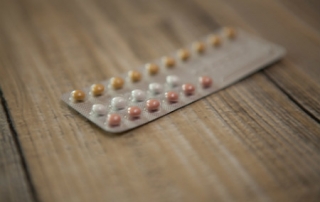Postpartum Depression: Who is at Risk?
Many women imagine new motherhood as a time of total fulfillment, days filled with mother-infant bonding and boundless joy. In reality, however, many women experience significant mood changes following childbirth. Between 50 and 85% of new mothers experience a brief postpartum period of tearfulness and anxiety, termed the "maternity blues." But some 10 to 15% of women experience postpartum depression, or PPD, a longer-lasting and more pervasive type of mood disorder.




